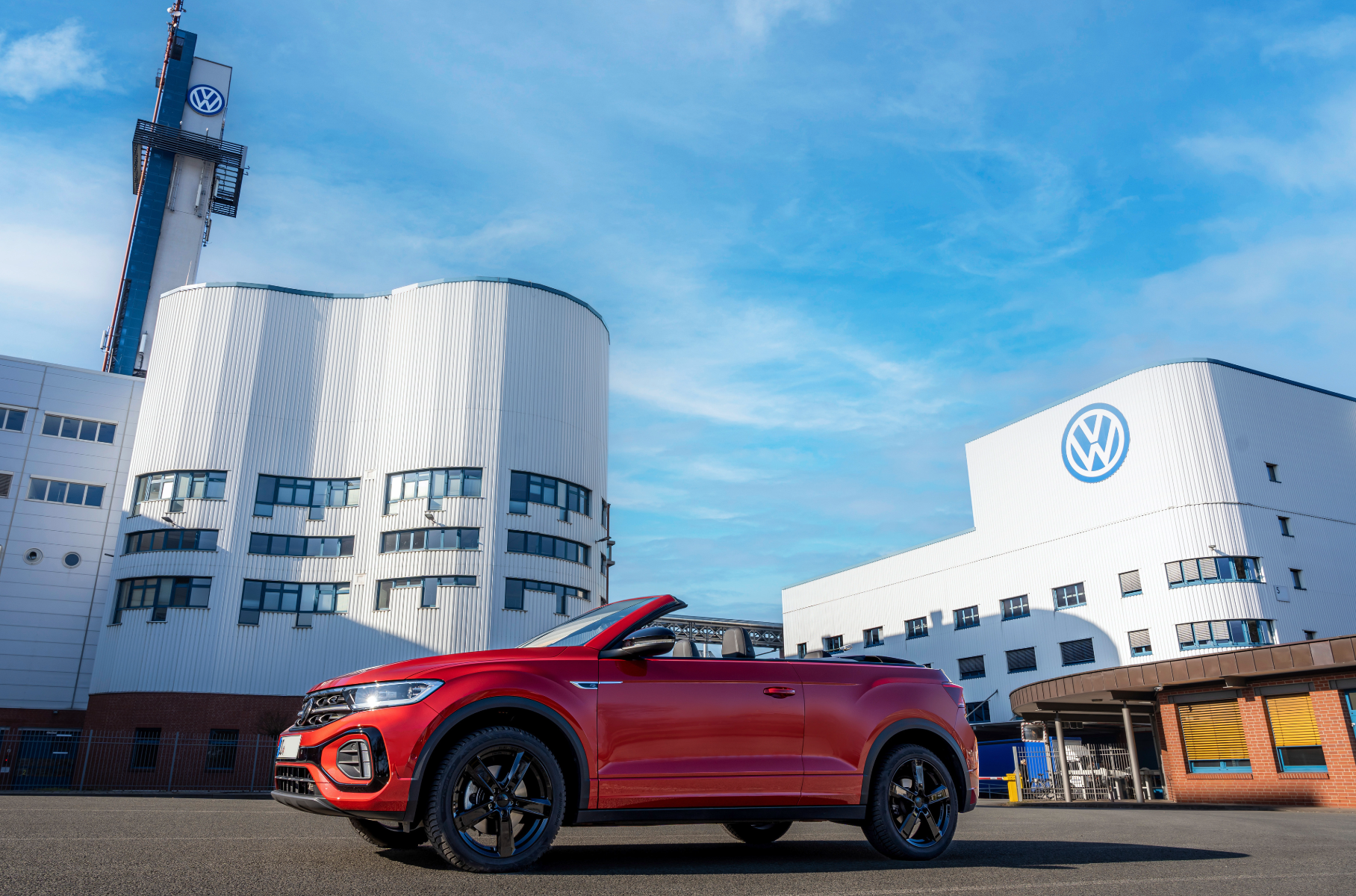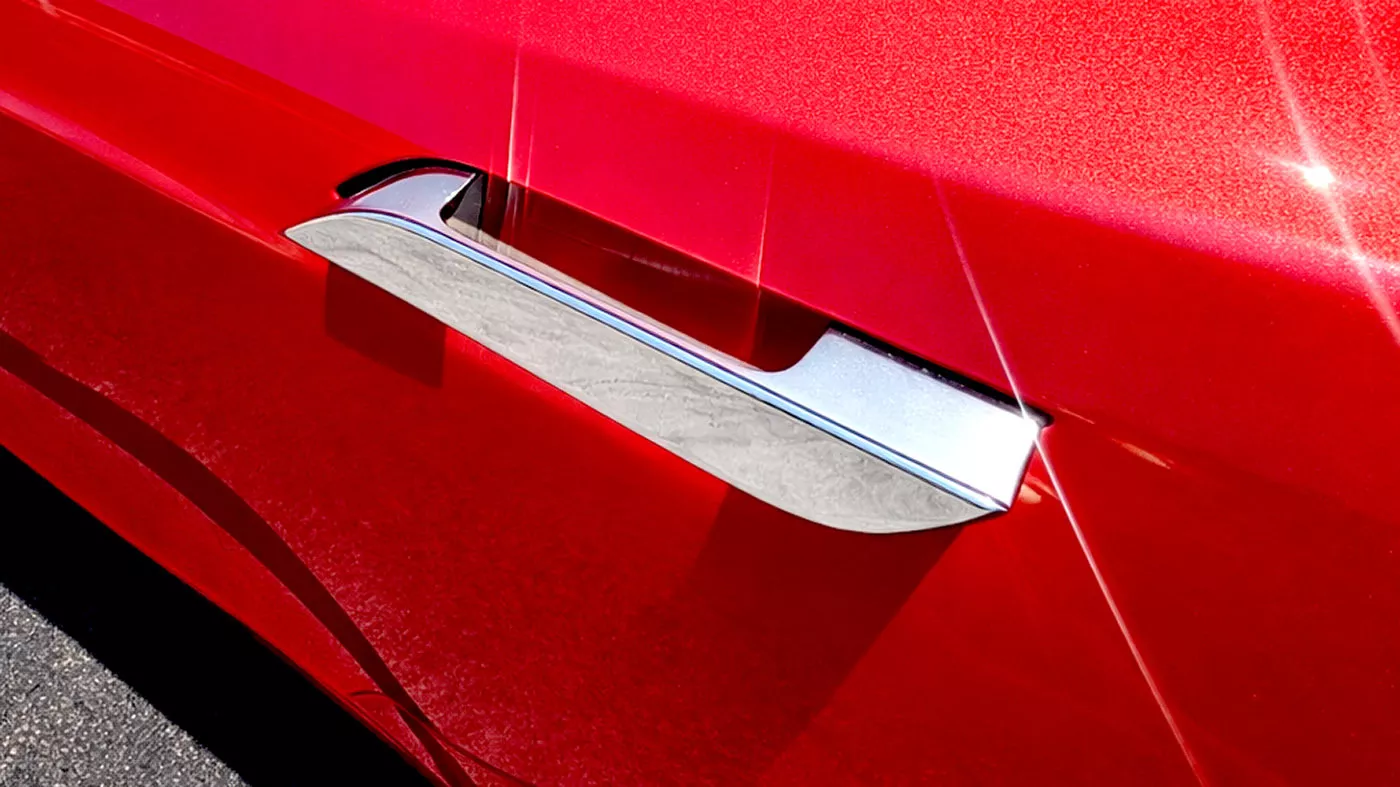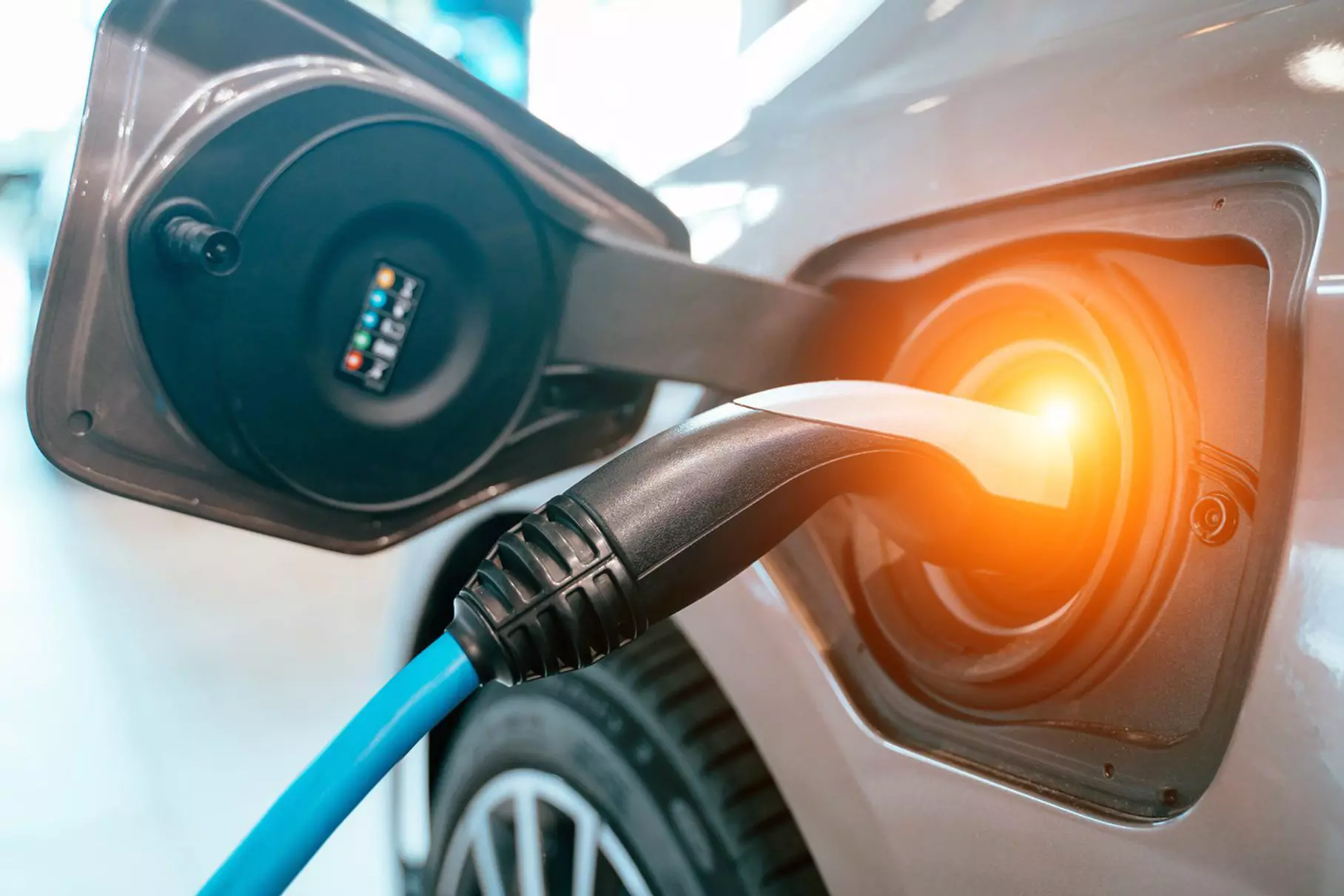They are especially interested in Volkswagen enterprises, whose future is unclear, Reuters writes, citing a source close to the Chinese government. The goal is to increase influence in the auto industry of Germany, a country that holds the title of Europe’s largest economy. The launch of local production will also allow the Chinese to bypass large import duties on electric vehicles imposed by the European Union.
While private companies or joint ventures could bid to buy the plants, the deals will depend on both governments, insiders say. The Chinese are ready to give the green light to investments, which cannot yet be said about the Germans.
Also, companies from China are concerned about how they will be received by trade unions. In Osnabrück, for example, they say that they are not against working with the Chinese, but only according to Volkswagen standards.
Volkswagen will lay off tens of thousands of workers in Germany and move the Golf assembly to Mexico Volkswagen ID.7 turned out to be a third longer-range The giant Volkswagen Talagon crossover was revealed before the premiere
Previously, Volkswagen, in financial distress, was planning to close several factories in Germany, but faced resistance from workers. The parties reached an agreement under which production at the Glass Manufactory in Dresden, which produces the ID.3, will cease in 2025. In 2027, the assembly line at the Osnabrück plant, which produces the T-Roc Cabrio, will stop. Sources say that Volkswagen is not averse to selling the latter to the Chinese.
Selling enterprises could cost Volkswagen less than closing them, experts estimate. For each of them the concern can receive from 100 to 300 million euros.
Last year, Volkswagen AG’s sales worldwide fell by 2.3 percent. The group sold 9.03 million cars – 210 thousand less than a year earlier. The decline is most noticeable in the Asia-Pacific region, where Chinese brands are increasing their presence.
The most fiery Volkswagen Golfs in history








